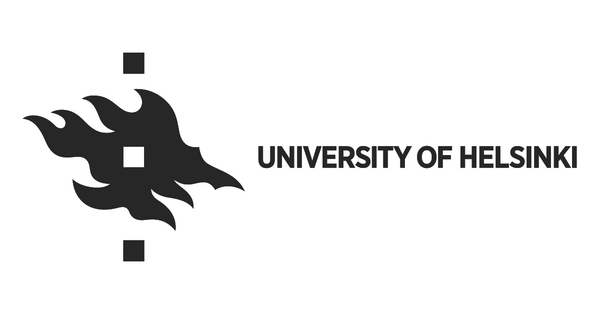University of Helsinki: Major research funding for study of fertility
The project brings together Mikko Myrskylä, professor at the University of Helsinki and director of the Max Planck Institute for Demographic Research (MPIDR), with professors Cecilia Ramlau-Hansen from Denmark and Siri Eldevik Håberg from Norway.
High-income countries are experiencing unprecedentedly low and increasingly polarized fertility. Differences between social groups are growing, with a particular increase in childlessness among low-educated men and women.
The BIOSFER project investigates how social, biological and psychological forces produce the emerging fertility patterns in young adults, and to what extent the fertility decline and polarization can be attributed to social and biomedical factors.
Key barriers to answering this question are inadequate data and theoretical frameworks.
“We leverage ideas from several disciplines and propose that the existing theories must be complemented with concepts of risk aversion, intergenerational transmission of fecundity, epigenetics and beyond, in order to understand modern fertility,” says Mikko Myrskylä, who is the corresponding principal investigator of the BIOSFER -project.
The project uses exceptionally detailed data on mothers and their children, with the aim of understanding how the biological ability to become parents – fecundity – and social processes such as economic uncertainty and partnership dynamics together influence fertility.
With these two rich cohorts with more than 200,000 young adults followed from fetal life onwards and with links to parental generations, the team will use existing data and collect new data to answer three overarching questions: What is the current fecundity status of young adults today, which factors throughout the life course, possibly pre-natal and even pre-conception, are relevant for understanding the current status of young adults, and how do social and biological factors jointly and independently influence fertility trajectories prospectively into parenthood?
“We offer a uniquely integrative life-course perspective that is neither social or biomedical, but combines central ideas from both, and will advance the scientific understanding of declining and polarized fertility,” says Myrskylä.
Synergy Grants and Advanced Grants are the two highest awards of the ERC. The difference is that Synergy Grants are not awarded to individual researchers, but to research teams consisting of two to four researchers. The aim is to implement ambitious research projects across institute and country boundaries over a period of six years. The BIOSFER project is led from the Max Planck Institute for Demographic Research.

